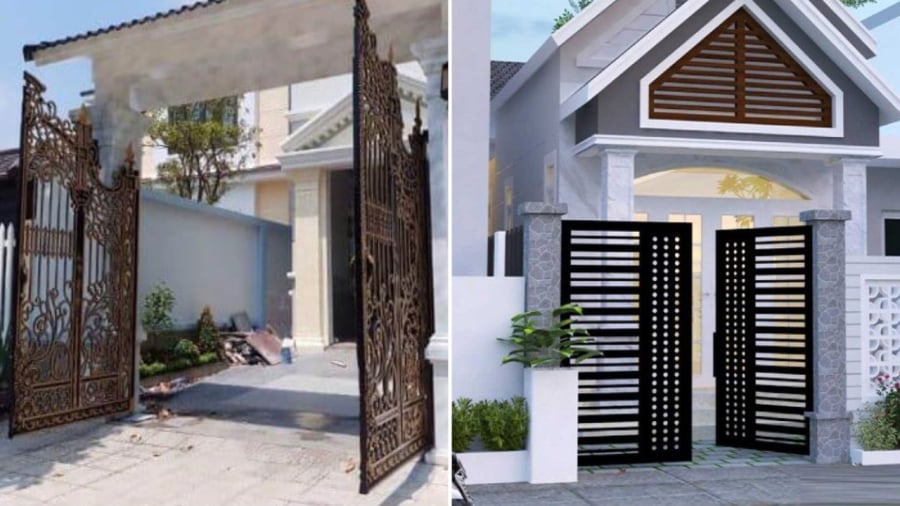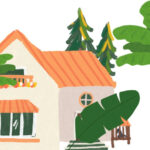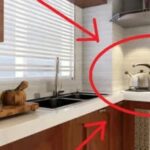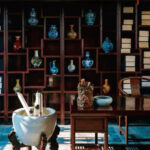“Choosing the Right Entrance Gate for Your Home: Balancing Superstition and Functionality”
The placement and design of entrance gates have long been considered crucial in traditional Vietnamese architecture, with beliefs stemming from Feng Shui influencing their construction. Superstitions aside, the gate’s proportions must be in harmony with the house; neither too grand nor too modest. Additionally, the direction in which the gate opens holds significant weight.
Should Your House Gate Open Inward or Outward?
According to Feng Shui principles, an outward-opening gate is ideal. This orientation symbolizes attracting positive energy and good fortune, bringing prosperity to the household and facilitating smooth sailing in one’s endeavors. Conversely, an inward-opening gate is believed to invite financial loss and disharmony among family members.
However, such beliefs are antiquated and may not align with modern living. Today, practicality takes precedence, especially with smaller homes situated along busy roads. In such cases, having the gate open inward becomes more convenient and safer for residents.

An inward-opening gate offers convenience for modern homes.
When opting for an inward-opening gate, homeowners can consider adding mirrors on the adjacent walls to create a sense of expanded space and mitigate any perceived ill-fortune. Additionally, if space permits, a sliding gate can be a space-saving and stylish alternative.
Other Considerations for Building Your Entrance Gate
– Gate Size
Proportion is key. A gate that is either too small or too large in comparison to the house can be aesthetically displeasing and, according to superstition, impact the flow of energy. A narrow gate may hinder the entry of positive energy, while an oversized gate may invite negative influences. Aim for a design that is squarely proportioned, avoiding circular gates which are believed to bring misfortune.
– Gate Style
Solid gates offer privacy and a sense of security, while perforated gates provide a glimpse of the outside world even when closed. Homeowners can choose a style that suits their preferences and needs, but it is advisable to avoid arched or concave gates, which are thought to bring bad luck and hinder career and financial success.
Information provided is for reference only and should not be solely relied upon.





































